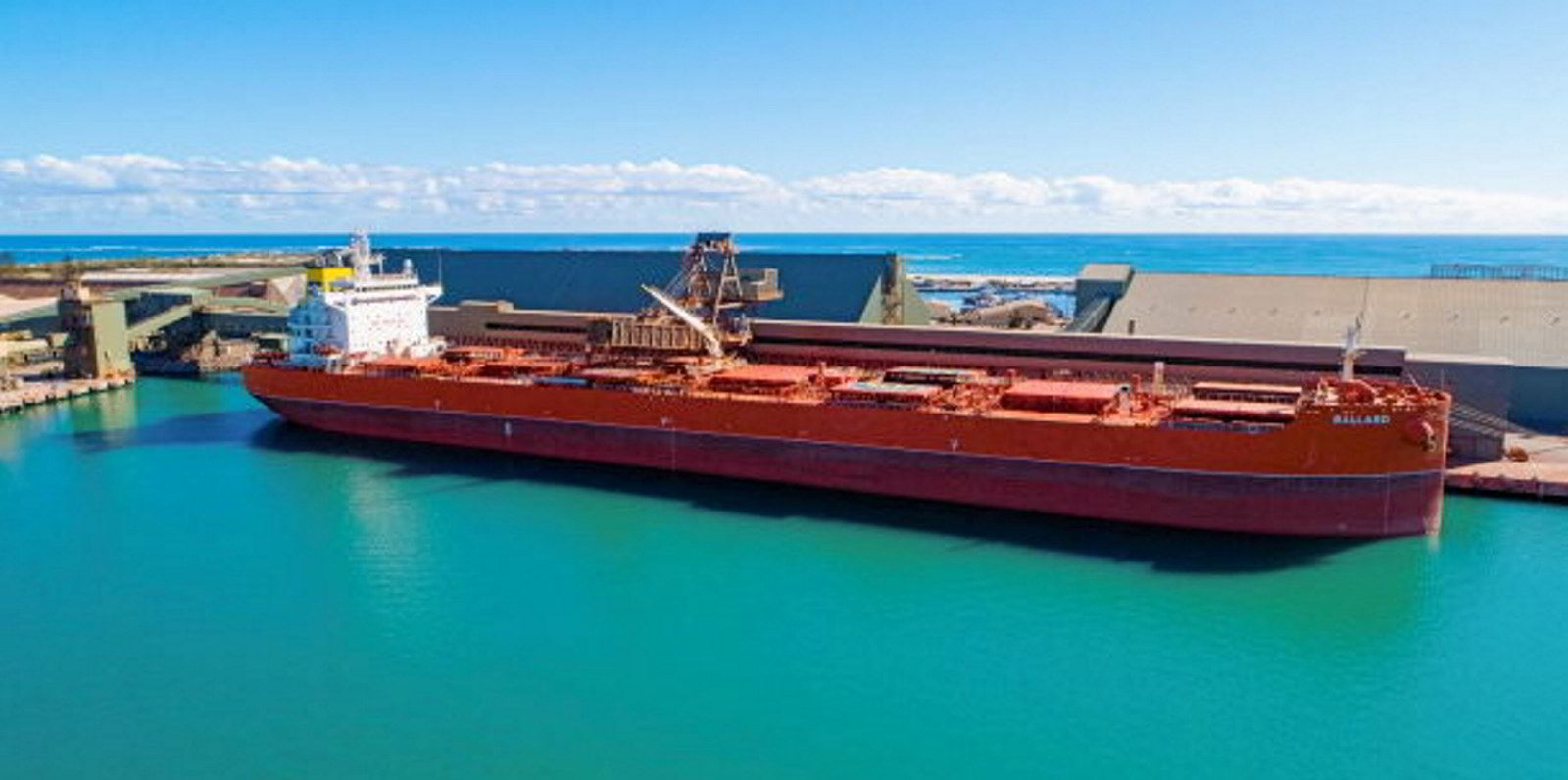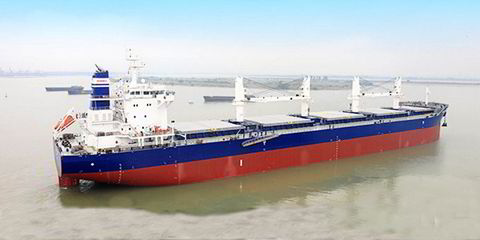Weaker tanker markets meant it was a mixed third quarter for Norway’s Klaveness Combination Carriers (KCC) in terms of rates.
The Oslo-listed company said preliminary earnings figures show the Cabu caustic soda and dry bulk cargo ships averaging $37,134 per day.
This is up $2,630 from the second quarter and $3,130 higher than the mid-point of its guidance range, due mainly to higher caustic soda and dry bulk earnings.
Fearnley Securities said this was the best Cabu figure on record, as Australian exports of caustic soda and bauxite increased.
Panamax bulker indices were stable from the second to third quarters, but there was a big rally from July to the end of August, with rates up more than 100%, the investment bank said.
The Cleanbu oil products and dry bulk carriers managed $27,938 per day, down $1,540 from the end of June, but $940 higher than the guidance mid-point.
“The positive effects of higher tanker exposure were offset by seasonally weaker tanker market earnings between July and September and lower dry bulk earnings,” KCC explained.
The company had 76% exposure to tanker trades, up from 57% in the second quarter.
The fleet average ended at $32,214 per day, up $260 from the second quarter and $1,860 above the mid-point in the guiding range.
Operating expenses are expected to be “somewhat higher” than in the preceding three months.
Cabu tanker capacity fixed for 2023
Rate forecasts for the fourth quarter will come in the third-quarter results statement on 31 October.
Fearnley Securities forecasts earnings of $0.28 per share in the three months to 30 September, higher than its earlier estimate of $0.24.
And its analysts believe the fleet will perform well into the fourth quarter on the back of strong panamax and LR1/MR earnings.
The shipowner reported a $16.5m profit for the three months to 30 June, up from $16.2m for the same period last year, as revenues rose to $44.5m from $41.3m.
At the time of the second-quarter results announcement in August, KCC had fixed 81% of its Cabu days and 82% of its Cleanbu days.
Its Cabu tanker capacity has been fixed for the rest of 2023, while all the Cleanbus are employed in trades between Australia, North America and South America.





